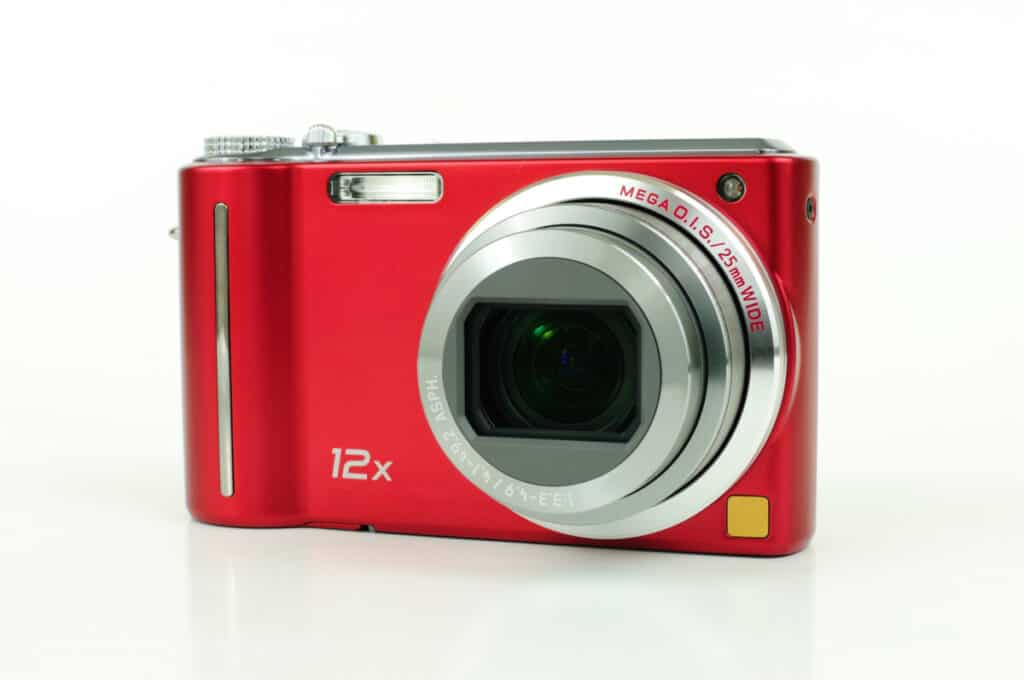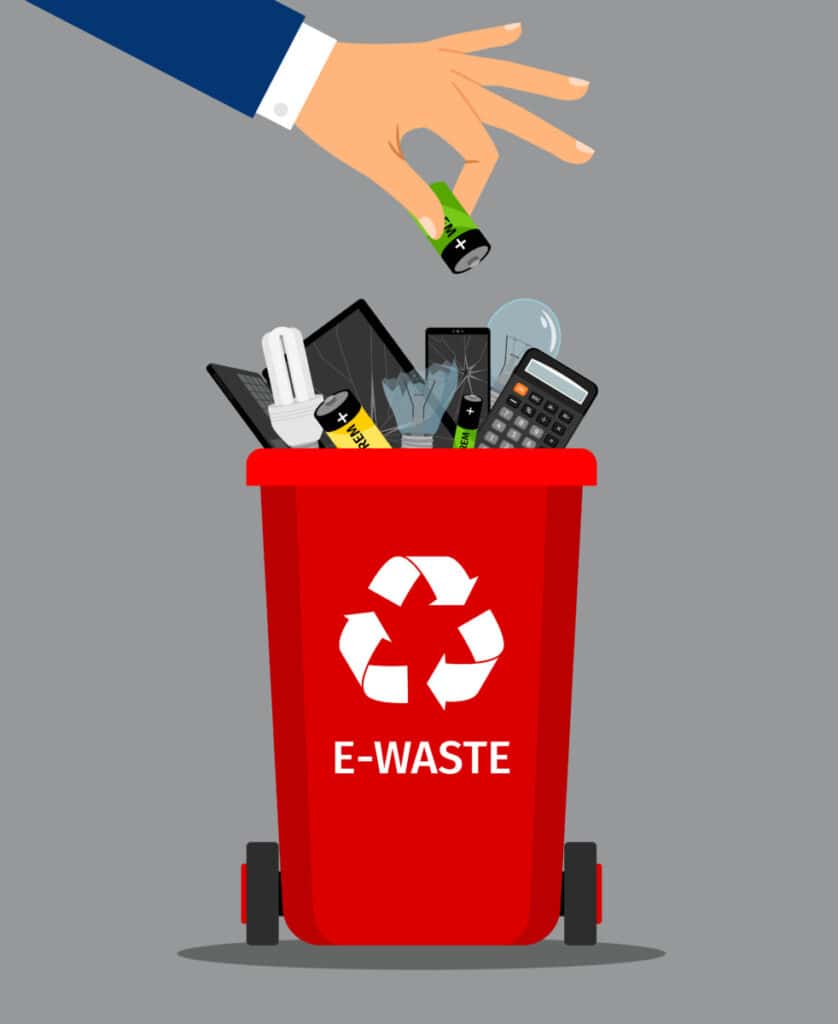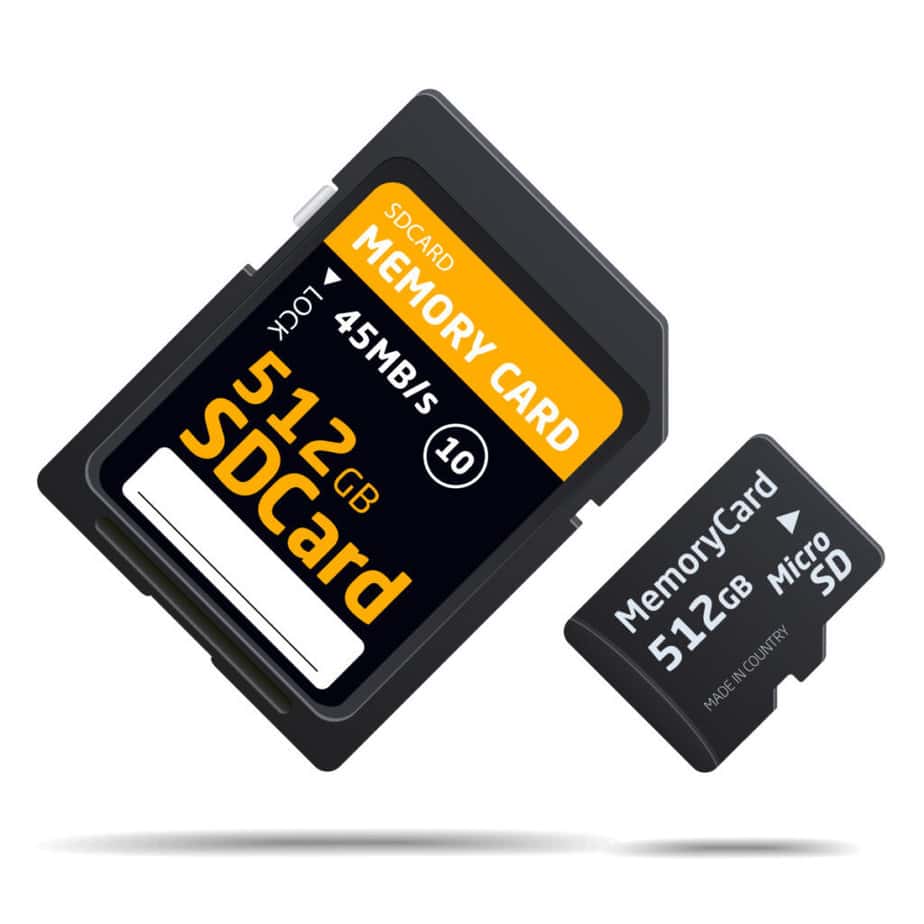
Digital cameras are great! They have proved significantly more efficient and effective at photography and videography than film cameras. Not only are they great for the function of a camera, but they also contain valuable materials that can be recycled for other purposes.
Finding a new use for a digital camera can go one of two ways: recycling or upcycling. Each of these options has many different routes you can take. If you’re not familiar with what can be done with the materials in the camera, consider recycling! If your camera still has life, consider upcycling!
Now that you’re aware of some of the options you have when it comes to recycling a digital camera, let’s get into the specifics of how to do so properly.
Recycling vs Upcycling
What is the difference between recycling and upcycling? Aren’t they both the same? Actually no! They both involve being “green” and environmentally- friendly with your old things, but the processes are a bit different. Recycling involves taking apart an object to use for different purposes. Upcycling takes the whole object and repurposes it or continues its use in a different setting.
Both of these options are great paths for getting rid of your digital camera! Recycling and upcycling help keep digital cameras out of landfills where they essentially cannot biodegrade without becoming hazardous. Since cameras are “E-Waste” they contain harmful materials that are dangerous to our environment. Learning how to reuse them properly helps our Earth stay clean, green, and healthy.
The Importance of Being Green with Digital Cameras
As mentioned previously, digital cameras are part of the category “E-Waste.” Digital cameras are electronics and contain the plethora of materials and chemicals that go into making them. One of the most harmful materials that go into the development of digital cameras is lead.
Lead is used in creating microchips in digital cameras. If lead isn’t disposed of or taken care of properly, the lead used in these microchips becomes extremely harmful. If the lead from these cameras becomes prevalent in the environment, it can cause damage to not only plant life but also animal and human life.

If you have more questions about eCycling, the Electronics Industrial Alliance (EIA), which has many camera manufacturing companies as members, strives to educate buyers from these companies on what to do to recycle your electronics. They have centers listed and actions to take on their eCycling website.
Now that you know that simply throwing away your digital camera is toxic to the environment, we can get into what you should do with your camera!
How to Recycle a Digital Camera
Recycling has become a big movement in efforts to protect our environment from the toxicity of certain materials. Recycling electronics needs to take special attention from you in making sure that it is done effectively and properly. There are specific centers that are designed just for “E-Waste.” These places make sure that the toxic materials don’t harm the environment.
If you’re wondering where you can find these “E-Waste” recycling centers, you can search online for the nearest ones to you and that should help you find the right place.
Along with these local “E-Waste” recycling centers, there are companies that will process your old electronics if you mail them in, bring them in, or have the company come and pick them up.
There are also individuals who specialize in the destruction of old electronics for specific parts that can be refurbished and reused. Some digital cameras contain metals such as gold, silver, aluminum, and copper that can be used for a lot longer than the functioning life of a digital camera. Sometimes these metals and pieces are extracted and refurbished into new parts for new cameras or other electronics.
How to Upcycle a Digital Camera
Upcycling, remember, involves reusing the entire camera instead of just pieces. There are many ways that you can upcycle your camera.
One way to upcycle is to resell. Platforms that allow you to resell both functioning and non-functioning cameras include Facebook Marketplace, Craigslist, and eBay. Depending on the quality and life of your digital camera, you could potentially get some good money for it! While this helps the environment, it also helps the community by providing electronics at lower prices for those who can’t originally afford them.
Upcycling can also include donations. Most thrift and second-hand stores will accept digital cameras if they are of functioning quality. Goodwill and Salvation Army are great options for donating an old digital camera.
How to Recycle an SD Card
Since your digital camera is used, it has an SD card that has memory (such as pictures and videos) content on it. Before you get rid of your digital camera, whether you recycle it or upcycle it, you will want to properly take care of and prep your SD card for its new journey.
Make sure that you back up all the content from it and then wipe the SD card. This will allow you to preserve those memories whilst keeping them private from the next person who will have your camera (for whatever purpose). You will want to recycle an old SD card. Check with waste management and make sure they have an eCycling program that gets rid of “E-Waste” properly. That is the easiest route for getting rid of your old SD card.

Whichever option you choose, make sure that your camera will be used in an environmentally-friendly way. The whole point of educating people on how to recycle (or up-cycle) digital cameras is so that the hazardous materials found in these cameras will stay out of the landfills and prevent toxic waste.
To recapture what we have talked about, recycling or up-cycling is very important when it comes to getting rid of old digital cameras. You cannot just throw them out in the trash. Now that you know of some good resources to either up-cycle or recycle your digital camera, you can go about doing what will work best for your situation!
Related Topics:
If you like the article above, here are some other similar articles you should check out!
